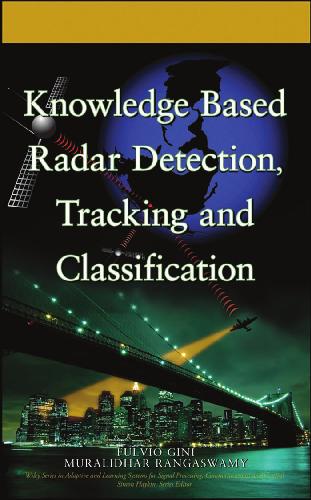

Most ebook files are in PDF format, so you can easily read them using various software such as Foxit Reader or directly on the Google Chrome browser.
Some ebook files are released by publishers in other formats such as .awz, .mobi, .epub, .fb2, etc. You may need to install specific software to read these formats on mobile/PC, such as Calibre.
Please read the tutorial at this link: https://ebookbell.com/faq
We offer FREE conversion to the popular formats you request; however, this may take some time. Therefore, right after payment, please email us, and we will try to provide the service as quickly as possible.
For some exceptional file formats or broken links (if any), please refrain from opening any disputes. Instead, email us first, and we will try to assist within a maximum of 6 hours.
EbookBell Team

4.1
30 reviewsHere is the first book that brings together the key concepts essential for the application of Knowledge Based Systems (KBS) to radar detection, tracking, classification, and scheduling. The book highlights the latest advances in both KBS and radar signal and data processing, presenting a range of perspectives and innovative results that have set the stage for the next generation of adaptive radar systems.
The book begins with a chapter introducing the concept of Knowledge Based (KB) radar.
The remaining nine chapters focus on current developments and recent applications of KB concepts to specific radar functions. Among the key topics explored are:
Fundamentals of relevant KB techniques
KB solutions as they apply to the general radar problem
KBS applications for the constant false-alarm rate processor
KB control for space-time adaptive processing
KB techniques applied to existing radar systems
Integrated end-to-end radar signals
Data processing with overarching KB control
All chapters are self-contained, enabling readers to focus on those topics of greatest interest. Each one begins with introductory remarks, moves on to detailed discussions and analysis, and ends with a list of references. Throughout the presentation, the authors offer examples of how KBS works and how it can dramatically improve radar performance and capability. Moreover, the authors forecast the impact of KB technology on future systems, including important civilian, military, and homeland defense applications.
With chapters contributed by leading international researchers and pioneers in the field, this text is recommended for both students and professionals in radar and sonar detection, tracking, and classification and radar resource management.